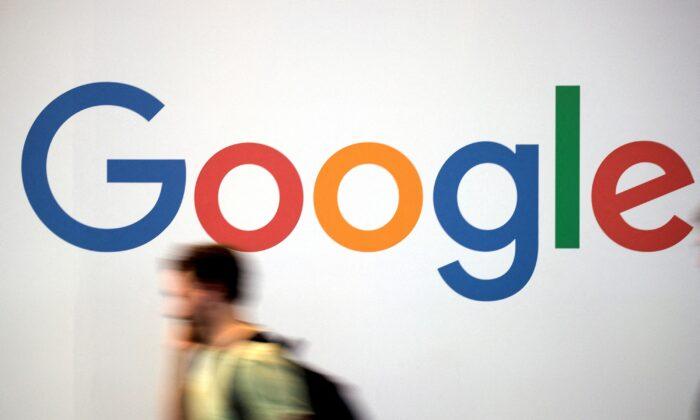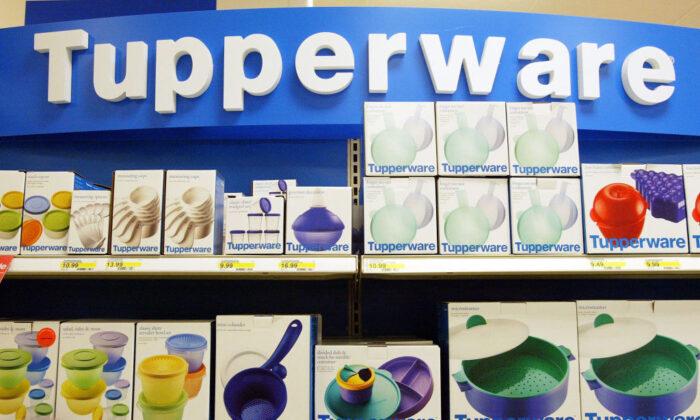The Australian Federal Court on Friday dismissed a lawsuit filed by Australia’s competition regulator against Google LLC for allegedly misleading users about the use of their personal data.
The ACCC alleged that Google failed to inform users about a change made in 2016 that combined personal information in Google accounts with activity on non-Google sites that use its technology to display advertisements.
It also argued that changes to Google’s privacy policy reduced the rights of account holders without obtaining their explicit consent.
It stated that the court also ruled that Google did not reduce account holders’ rights under the privacy policy.
ACCC Acting Chair Delia Rickard said the commission would carefully consider the court’s judgment.
“We took this case because we were concerned that Google was not adequately providing consumers with clear and transparent information about how it collects and uses consumer data,” Rickard said.
Defamation Case
Australia’s High Court in August overturned a ruling that had found Google engaged in defamation by supplying a link to a contested newspaper article.The case stems from a 2004 article which suggested that a criminal defense lawyer had crossed professional lines and become a “confidant” of criminals, according to the published judgment.
The lawyer, George Defteros, found a link to the story in a 2016 Google search of his name and had Google remove it after it was viewed by 150 people.
Defteros sued in a state court which found Google was a publisher and ordered it to pay him 40,000 Australian dollars ($27,182). Google appealed the judgment.
“The Underworld article was not written by any employee or agent of the appellant,” two of the panel judges wrote in the ruling, the appellant being Google.
“It was written by a reporter with no connection to the appellant, and published by an independent newspaper over which the appellant had no control or influence,” they added.





